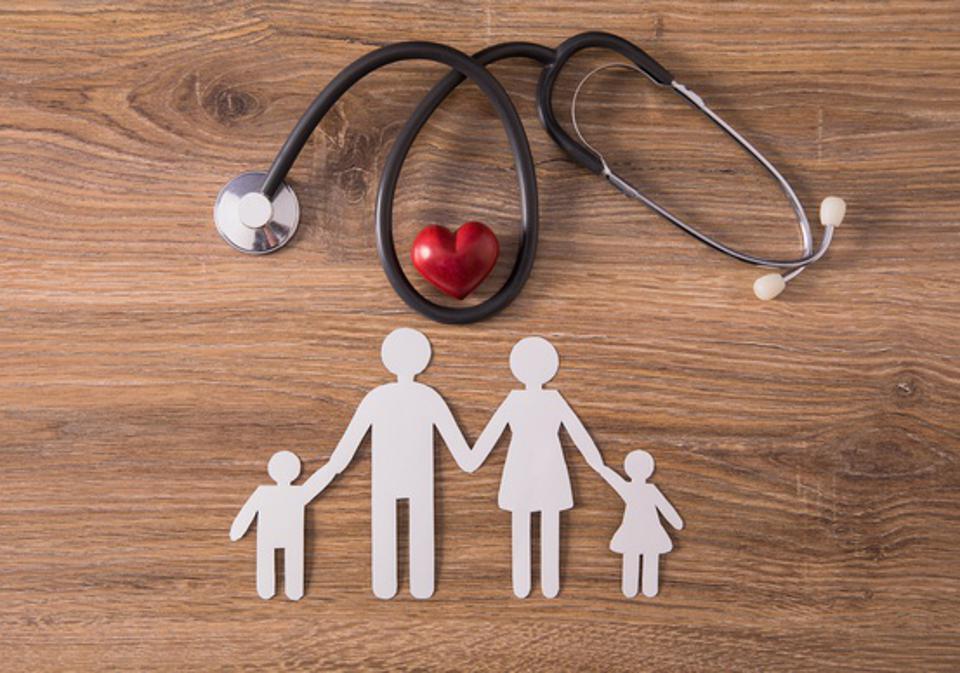The effect of smoking on blood pressure is not the same for everyone, but the adverse effects are similar across men and women. Although the effects of tobacco on SBP are generally positive, there are several differences between the two sexes. Males tend to have lower BP when they smoke, and females tend to have higher BP. In the first period, a smoker’s PP value is within the normal range, but a few years later, the effect of smoking on PP is significant.
Smoking has an immediate effect on blood pressure. It can raise it by up to 4 mm Hg. Nicotine in tobacco products triggers chemicals in the nervous system, which constricts blood vessels and contributes to high blood pressure. Long-term effects of smoking include permanent damage to the arteries, and increases the risk of heart disease and stroke. The connection between hypertension and smoking has been studied extensively. There are two types of smokers.
In addition to raising blood pressure, smoking is a risk factor for cardiovascular disease. Studies have shown that people who smoke have an increased risk of developing hypertension, while people who don’t smoke have a lower risk. While there are no proven benefits from cutting down on tobacco use and reducing your salt intake, these lifestyle changes will reduce your risk of heart disease. To reduce the effects of tobacco use and increase the effectiveness of your medicines, you may need to consider making lifestyle changes to lower your blood pressure. A healthy diet, reduced consumption of alcohol and caffeine, and weight loss are all important factors.
Quitting smoking is difficult, but it is worth it for your health and your blood pressure. As mentioned, smoking is a known risk factor for hypertension and heart disease. While it does raise blood pressure, it also increases your risk for a wide range of other cardiovascular diseases. It also damages the arteries and causes atherosclerosis, which is a chronic and progressive disease of the arteries. Additionally, it can cause the heart to work harder, which can lead to a stroke or heart attack.
In addition to raising your blood pressure, smoking is also a risk factor for heart disease. It raises your heart rate and narrows the arteries. If you smoke, your blood pressure will be high as well. You’ll also increase the risk of stroke and heart disease. So, avoiding tobacco is an important step to keep your heart healthy. If you smoke, you’ll need to make lifestyle changes that include cutting back on the amount of salt you consume and limiting your caffeine intake.
In addition to increasing blood pressure, smoking can also increase the risk of heart disease. Moreover, nicotine affects the sympathetic nervous system, which increases the risk of high blood pressure. If you are concerned about your health, you should quit smoking. If you smoke, call your doctor immediately. If you’re concerned about your blood pressure, visit an emergency room or get a prescription for medication. Symptoms of hypertension can be caused by other medical conditions, so it’s important to consult your physician before beginning any new treatment.
As the effects of smoking on blood pressure increase, it’s important to quit. This habit can lead to hypertension. If you’re worried about your health, stop smoking. The consequences of hypertension are severe. If you’re suffering from it, call your doctor immediately. The sooner you quit, the better. If you’re experiencing the symptoms of high blood pressure, the better. This is not a simple process.
The effects of smoking on blood pressure may be difficult to measure. The study authors used a combination of statistical methods to determine how much smoking raises BP. They used the study of a group of people who were not smokers. The association between former smoking and hypertension was significant in most cases, and the results were consistent in both sexes. There were no differences between BP in the two groups in 2000.







